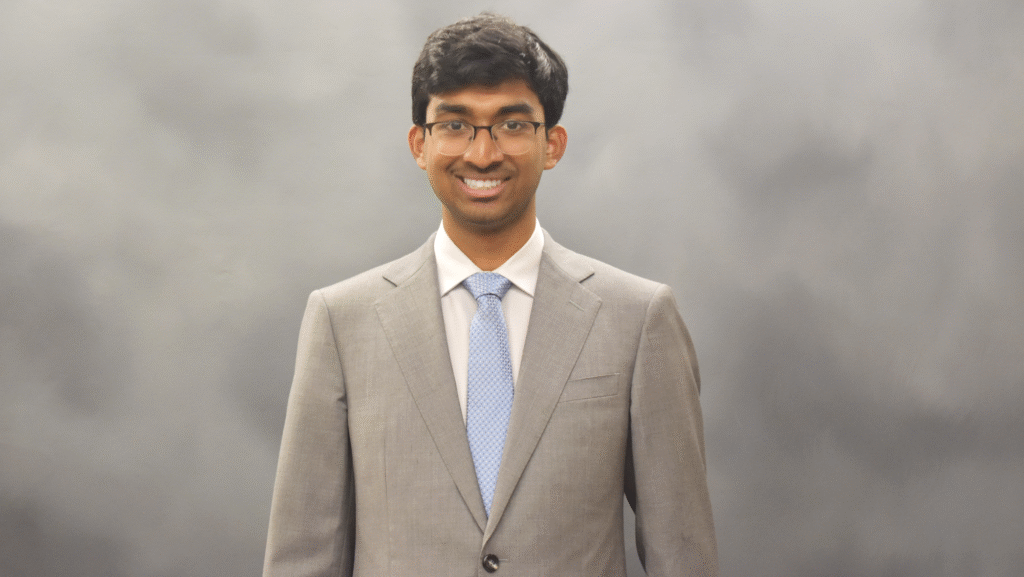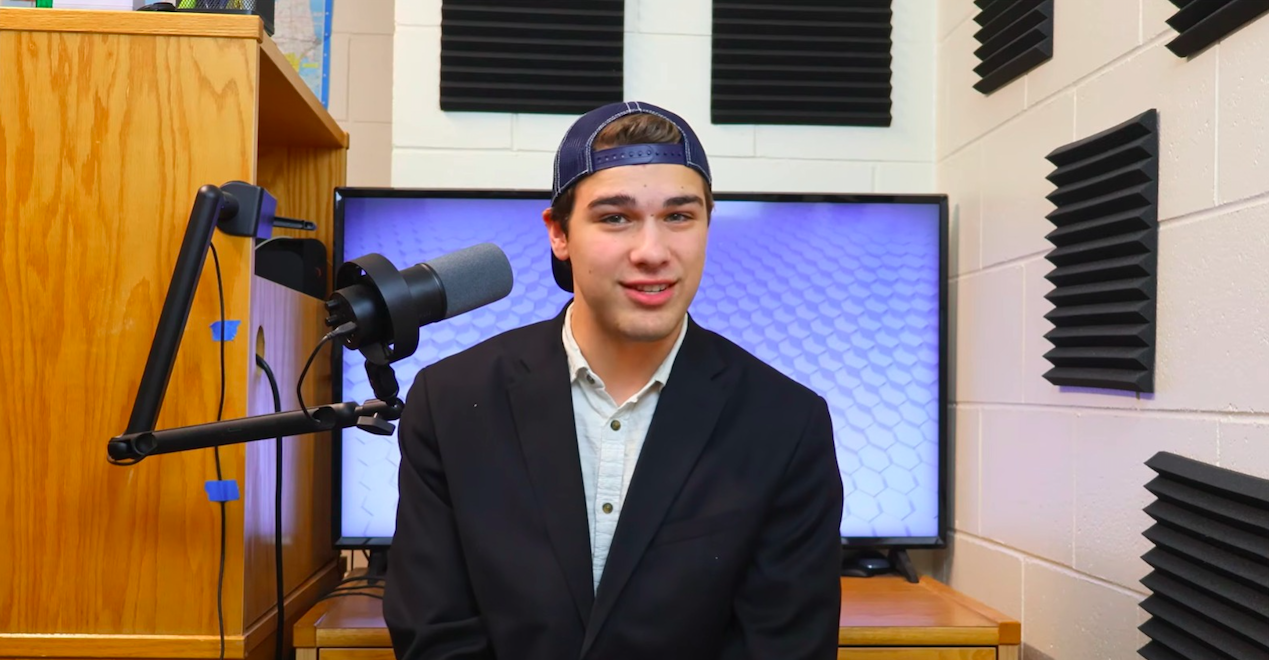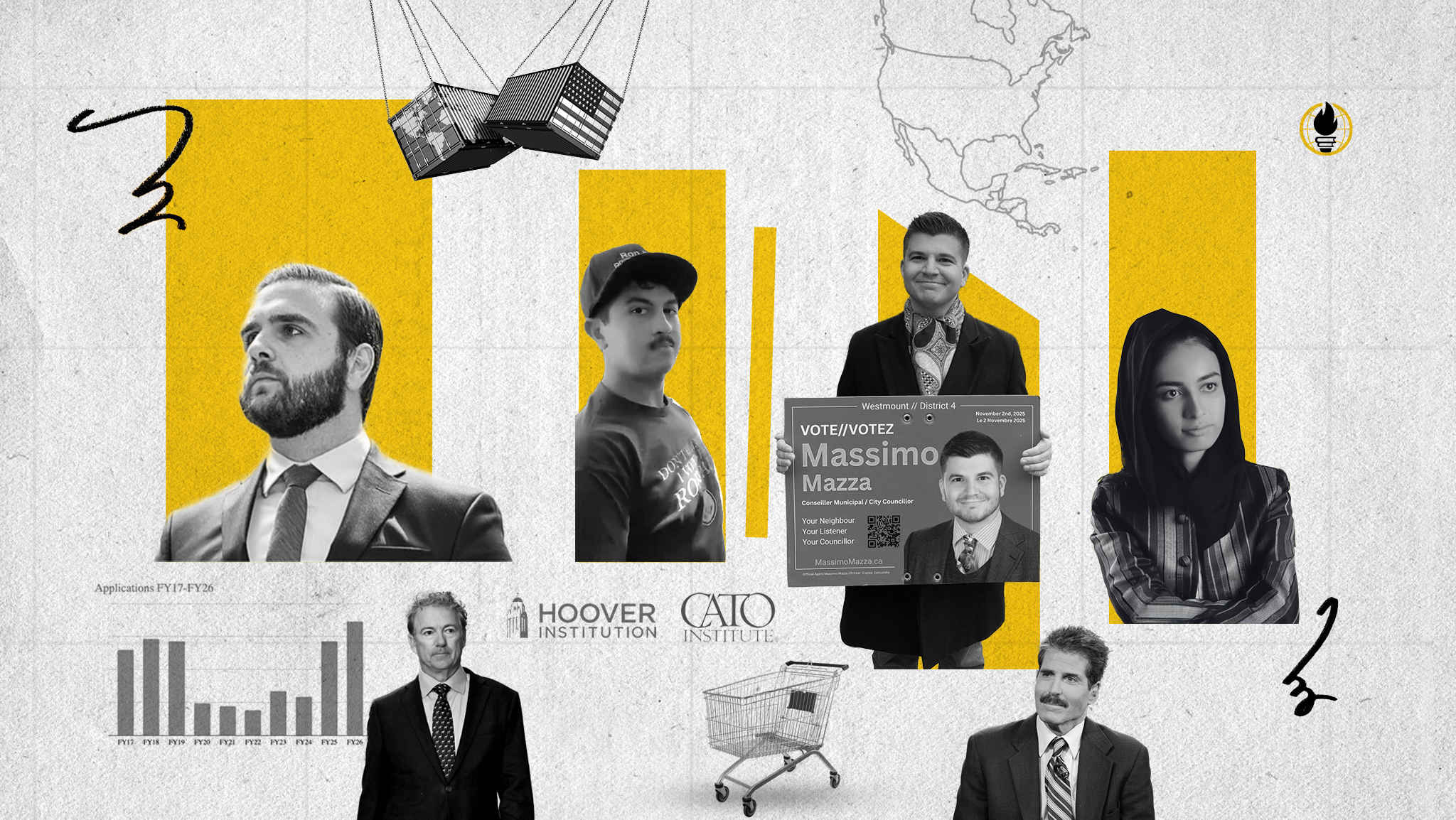How the “SFL algorithm” helped me find my calling in mathematical economics.
By Siddharth Gundapaneni, certified math nerd.
I remember middle and high school so well. They weren’t that long ago, honestly, so they’re still vivid in my memory.
I was happy. Or so I thought.
I got to DO whatever made me happy: whether it was playing basketball or video games. I could do well on exams without breaking a sweat, although I came home every quarter with Bs and Cs on my report card. At one point, my mom didn’t even think I’d go to college. See, I had this annoying habit of not turning in assignments.
And I guess that habit seeped into my worldview because I gave very little thought to my future. It seemed so far off. What type of man would I become? Forget that; what type of basketball player would I become? A lockdown defender? A crafty, pass-first point guard?
Things started to change during the Covid pandemic. I imagine the same could be said for millions of other high-school juniors when it hit, so don’t mind if I go ahead and speak on behalf of them all: 11th grade, after March 13th, 2020, was dull, dreary, monotonous — awful.
Truly, there’s only so much Netflix you can watch. I needed something stimulating, something that would hold my attention. I began to read about current events, particularly politics; there was a lot going on at the time. I remember disagreeing with so many commentators and politicians.
Couldn’t they see how inconsistent their views were? They would be for one policy one day, and then against what seemed to me like the SAME POLICY the next day. Worse, no one was holding them accountable for their inconsistencies. I felt like I was taking crazy pills.
Enter: the YouTube algorithm gods. (I guess they’re good for something, now and then.) I vividly recall seeing and clicking on the video Milton Friedman – Case Against Equal Pay for Equal Work, wondering what reasons some misogynist could possibly offer against women receiving equal pay.
But Friedman was no misogynist. He offered a rational argument from the employer’s perspective, based on economic incentives, about why a law enforcing equal pay would be met with a host of unintended consequences.
That video changed my life. As I watched more of Friedman on different topics, I realized that I had something in common with him. Or, at least, I could, if I worked at it: I could learn how to think like him.
I watched that video in November of 2020. And now, as I write this in August of 2025, I can see: What started as a way to pass the time has become my mission, my passion, my life’s calling.
Just more than a year after watching that video, Sid would write this piece for the SFL blog: Marijuana taxation will undo the benefits of legalization
How did that happen, though? There was no algorithm involved this time — unless you want to call it one, I guess. An algorithm to match people like me, enthusiastic about rational economic ideas, with training, networks of like-minded people, and job opportunities.
Students For Liberty is that algorithm. Through Students For Liberty, I met hundreds of other students who shared my appreciation for Friedman, but — and this was crucial to earn my respect, too — who also presented serious challenges to Friedman’s ideas in an open and honest way.
Most importantly, all the people I met with SFL, throughout my time at Binghamton University, took consistency and coherence as seriously as I did. I no longer felt like I was the one on crazy pills; it’s the people who think they can micromanage the hopes and dreams and obstacles and needs of 8+ billion people.
But beyond even that, I found my niche within the (let’s be honest) nerdy world of economics: I’ve found that I love mathematical modeling, and that it can be a powerful means of disciplining ideas by enforcing clarity and ensuring consistency.
For this, I owe Thomas Sargent, the 2011 Nobel Prize laureate in Economics, Hoover Senior Fellow, and Cato Visiting Fellow. After SFL opened my eyes to this world of economics, a colleague of his thought we’d see eye-to-eye on a few things and … well, we did. He helped me fall in love with economics all over again, and I think he recognized my passion for it.
Read Sid’s piece on the Learn Liberty blog: A tale of three Austrian entrepreneurship views
This was in 2023, and for the following two years, I had the pleasure of maintaining a close working/mentoring relationship with him. Thomas has reminded me frequently to take things slowly, and to think hard about exactly what I am saying when I speak or write.
The intellectual debts I owe to Sargent and to Students For Liberty will never be paid. But I’m trying. One way is by mentoring students in SFL’s House Ostrom — a cohort of specialists in academia, research, and education.
Students For Liberty is unique in its decentralized nature. Unlike a lot of organizations I’ve observed, SFL allows and encourages students to pursue what they enjoy the most — whether that’s academia, research, and education or public policy or entrepreneurship or journalism.
This setup results in a natural and productive division of labor (the ideas of liberty in action)! Of course, being a mentor, like any free-market transaction, is a win-win relationship (our ideas in action, again); being around passionate students, who are so unlike my pre-Covid, high-school self, keeps me motivated and passionate, too.
But the biggest way I’m trying to repay those debts I owe is by pursuing my own professional career: I recently started work as a full-time Research Analyst at The Hoover Institution’s State and Local Governance Initiative. I’ll be working on a ton of exciting projects, in addition to taking PhD classes in math and engineering, which will give me the tools to prepare for a career as an economic researcher and to discipline my thinking further.
Let me reiterate that phrase, because I’m proud of it: Disciplined thinking. I’m certainly not on Milton Friedman’s level yet, but I’m confident that I’m on the right path. And that’s not all I have in common with him. Guess where he produced many of his videos, essays, and books: The very institution I now work for. Hoover.
If that’s not proof that good things happen if you work hard (and have a little help along the way, from an organization like SFL), then I don’t know what is.





